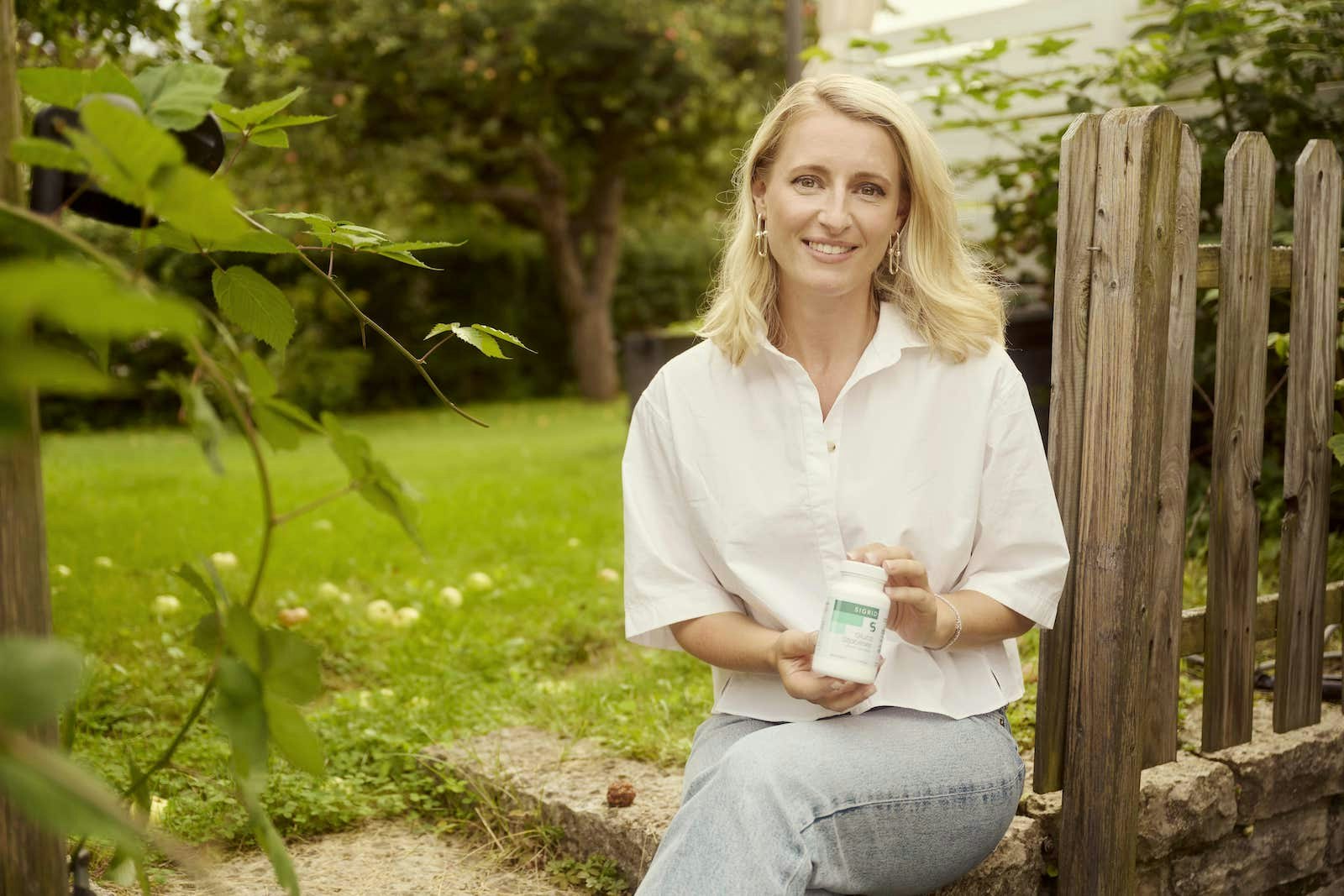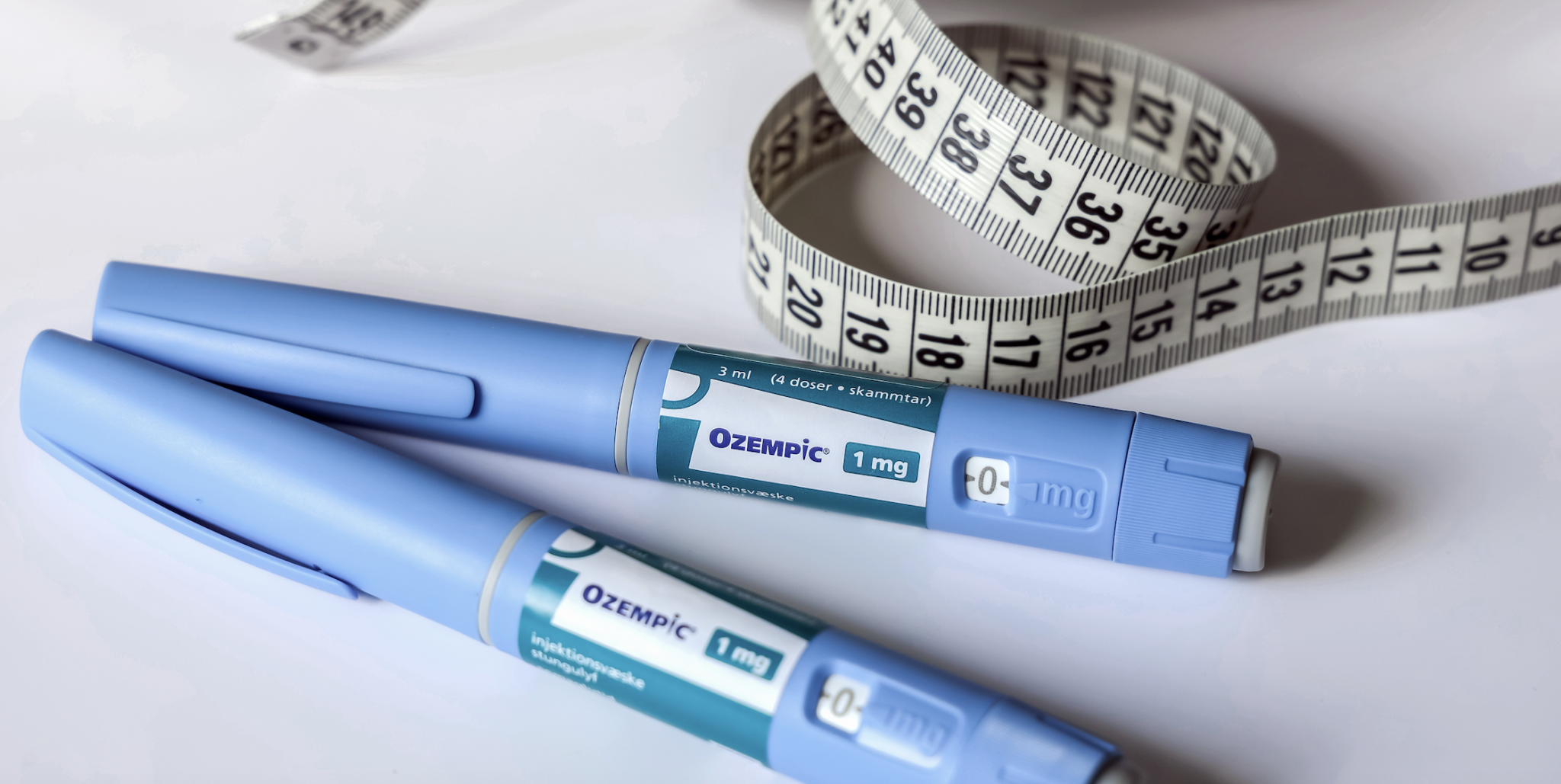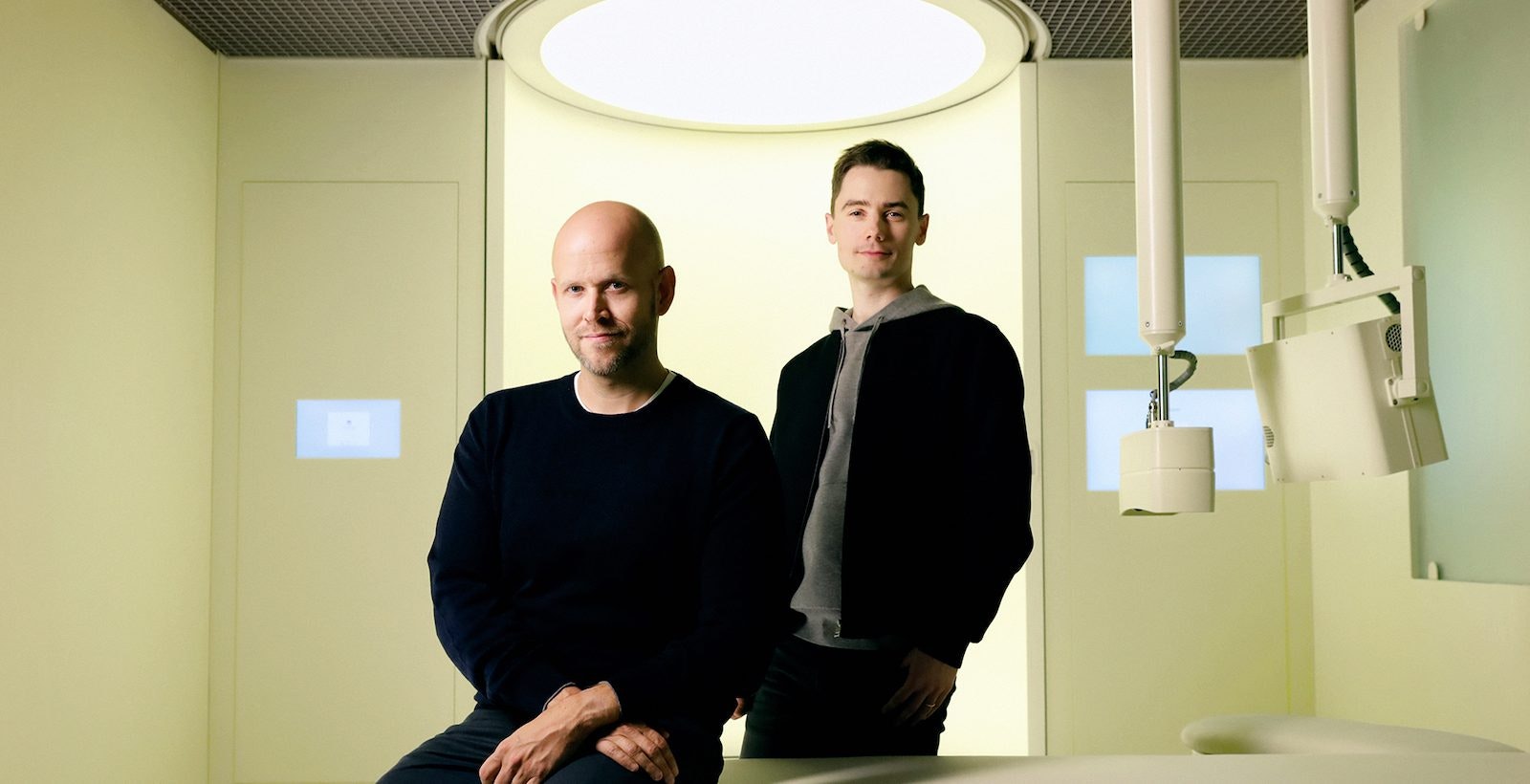With its “miracle” diabetes and weight-loss drugs Ozempic and Wegovy, Danish company Novo Nordisk has seen its stock soar by 210% in the last three years, a rare situation for a listed company during this financial downturn.
Novo Nordisk is now Europe’s biggest company — valued at $430bn — and its holding company, Novo Holdings, reaps one-quarter of the dividends paid by Novo Nordisk. A chunk of that cash — $1–2bn a year — is put aside for investing in and building healthtech startups.
“You can say that the success of Novo Nordisk filters back to the regional ecosystem and we are investing a lot of that money in biotech startups,” says Søren Møller, head of seed investments at Novo Holdings.
One of the highest-ranked investors based in the Nordics
Novo Holdings invests in biotech across all stages through its different venture, growth and capital funds. In comparison to most other VCs, it doesn’t have to rely on a 10-year-old fund and has an annual budget to play with.
In Dealroom’s recent investor ranking, Novo was ranked seventh in the Nordics, behind more generalist investors such as Northzone, Creandum and Kinnevik.
In 2023, it made at least 13 investments in companies like Swiss drug-discovery startup Alentis Therapeutics, Danish antimicrobial resistance startup Bactolife and vaccine startup MinervaX.
My annual investment budget is $200m. So, it’s not a small seed fund
And even though most of its investments are made in later-stage companies, it also has an active seed fund that makes between two and four new investments a year.
“My annual investment budget is $200m. So, it’s not a small seed fund,” says Møller.
But the work doesn’t start there — it starts in academia.
Combined company builder and seed fund
Novo Holdings is the asset manager of Novo Nordisk Foundation, one of the world’s largest philanthropic enterprise foundations.
Apart from working with regional universities like Stockholm-based Karolinska Institute, the BioInnovation Institute in Copenhagen (set up by the foundation) is one example where scientific ideas from postdocs and professors are basically taken and turned into small startups.
“My team then takes some of these startups and translates them into biotech companies,” Møller says.
Depending on how far they’ve come, these startups are then mentored by the seed investment team and bolstered with investments in the range of $50-100m to advance them from science into business. It now has about 30 portfolio companies.
How much of the ownership Novo takes depends on what stage the startup is at.
“If somebody comes to us with a finalised plan that has all the bells and whistles that you could hope for, then the founders and the existing investors own a lot. On the other hand, if we jointly build the company together, then it’s much more balanced.”
Gives startups a Nordic footprint
Not any healthtech science will do. Novo Holdings focuses on therapeutics but stays away from anything to do with diabetes, as Møller puts it: “Novo Nordisk is really good at diabetics — I don’t think we can compete with that.”
Instead, the seed investment team looks at particular disease areas or a scientific space where they would like a company and then looks for innovation globally. At present, the areas of interest are RNA (the nucleic acid present in all living cells that has structural similarities to DNA), stem cells and the cardiometabolic space, with diseases such as heart attack, stroke, insulin resistance and non-alcoholic fatty liver disease.
When they find the innovation, the company is often set up nearby, in the Nordic region.
“It often ends up being set up with a Nordic footprint because this is where we have our network and relationships. When you do this kind of work, you have to be very close to the company — every day you meet with them and talk to them so geography is important.”
You’re not getting the right people without the money. You’re not getting the money without the people and you’re not getting anywhere without the science
As an example he mentions Muna Therapeutics, which develops therapies that slow or stop neurodegenerative diseases, as a good example of how Novo works. By combining science from Denmark, Belgium and Italy with two entrepreneurs within the Novo network, it raised a $73m Series A a couple of years ago from a range of investors including Novo Holdings, EQT Life Sciences, Sofinnova Partners and Boston-based Polaris Partners.
“Our ambition is to raise a Series A round with at least an international syndicate of investors — European or US-based. For a B round, we want to bring in US capital because then there is the opportunity to access the US capital markets, which are much deeper than in Europe,” he says.
Different from tech
Møller has worked with seed investments for Novo for the past 12 years and now has a team of 12 — all with PhDs in the bio or medical space.
“In tech, investors see young, talented entrepreneurs and then they go build their tool and then see how the market reacts,” he says. In drug development, you really need people who have tried this for 40 years and made all the mistakes that you can imagine.”
“I’m sure tech investors also need to see experience to get it done but while they see a lot of companies and then pick the winners, we flip it around and are building a winner from the beginning.”
So far, so good.
When Novo Holdings started to build new biotech companies, it was smaller and less ambitious than it is today. One of the learnings has been that to build successful biotech companies, you have to have three things: good science, the right people and enough money.
“You’re not getting the right people without the money. You’re not getting the money without the people and you’re not getting anywhere without the science,” Møller says.
“What we’ve done is to lean forward and take that investment in the people upfront — we now have these relationships with very experienced, repeat biopharma CEOs, who work with us to build the next exciting company.”
Company building in the way of Novo Holdings is more common in the US than in Europe, Møller says. Only Versant Ventures, in Switzerland, has the same focus.


